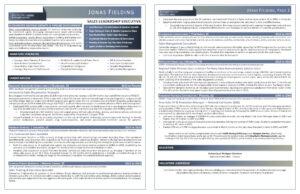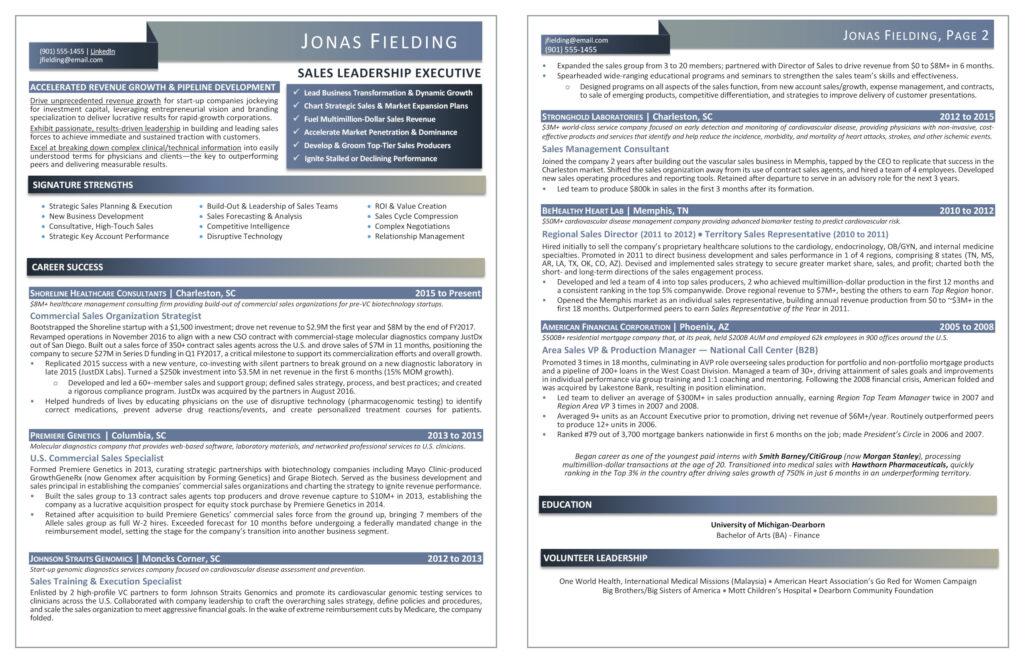In the ever-evolving job market, adapting your resume to reflect current trends is crucial. A well-crafted resume does more than list your skills and experiences; it positions you as an ideal candidate in the eyes of potential employers (the goal). This post will guide you on how to master and adapt your resume to stay competitive.

Understanding Market Trends
The first step in adapting your resume is understanding current market trends. Trends can vary by industry, but common elements include the increased importance of digital skills, a focus on soft skills like communication and adaptability, and the need for evidence-based accomplishments. Staying informed about these trends ensures that your resume resonates with what employers are currently looking for.
Analyzing Job Descriptions
To tailor your resume effectively, analyze job descriptions in your field. Identify keywords and phrases frequently used and incorporate them into your resume. This not only helps in passing through Applicant Tracking Systems (ATS) but also shows that you’re in tune with the language and priorities of your industry.
Adapting Your Resume
1. Highlighting Relevant Skills
Update your resume to highlight skills that are in demand. For instance, if digital proficiency is trending in your field, ensure your resume reflects your competence in relevant software or platforms. Relevancy is one of my pet peeves. If you don’t have the skills relevant to the job, you may not be a good fit. If you do have the skills needed, don’t just list them, back them up by demonstrating how you’ve used them effectively in past roles.
2. Showcasing Achievements
Rather than just listing your duties at previous jobs, focus on your achievements. Use specific examples and quantify your successes wherever possible.
– Did you increase sales by 30%?
– Did you lead a project that resulted in significant cost savings?
– How did you help your team overcome a certain hurdle?
These specifics make your contributions tangible and memorable.
3. Modernizing the Format
Gone are the days of one-size-fits-all resumes. Today’s resumes are more visual and concise. Use a clean, modern layout with bullet points for easy readability. Infographics and charts can be used sparingly to showcase key achievements. However, ensure that the design does not overpower the content.
4. Incorporating Soft Skills
Employers are increasingly valuing soft skills. Showcase your communication, leadership, and problem-solving abilities through concrete examples. Kennedy suggests using scenarios from your work experience where you demonstrated these skills effectively.
5. Customizing for the Role
Don’t forget to customize your resume for each application. This doesn’t mean rewriting it entirely, but rather tweaking it to highlight the most relevant experiences and skills for each job. When in doubt, check out the job description. You’ll find lots of little gems in there (keywords, descriptors, etc.).
Overcoming Challenges
Adapting your resume can be challenging, especially when transitioning industries or re-entering the job market after a gap. In such cases, focus on transferable skills and continuous learning. Highlight any courses, certifications, or volunteer work that demonstrate your commitment to staying relevant in your field.
The Role of Networking
Networking can significantly impact your job search. Engage with professionals in your industry through platforms like LinkedIn. Often, a strong network can provide insights into market trends and even lead to job opportunities that are not advertised publicly.
Continuous Learning
In a fast-changing job market, continuous learning is key. Stay updated with the latest trends and skills in your industry. Online courses, webinars, and professional workshops can be excellent resources for this. Every extra bit of learning helps. Add them!
In Conclusion…
Mastering and adapting your resume is an ongoing process. It involves staying informed about market trends, highlighting your most relevant skills and achievements, and continuously learning and networking. By following these guidelines, you can ensure that your resume will stand out in today’s competitive job market.

